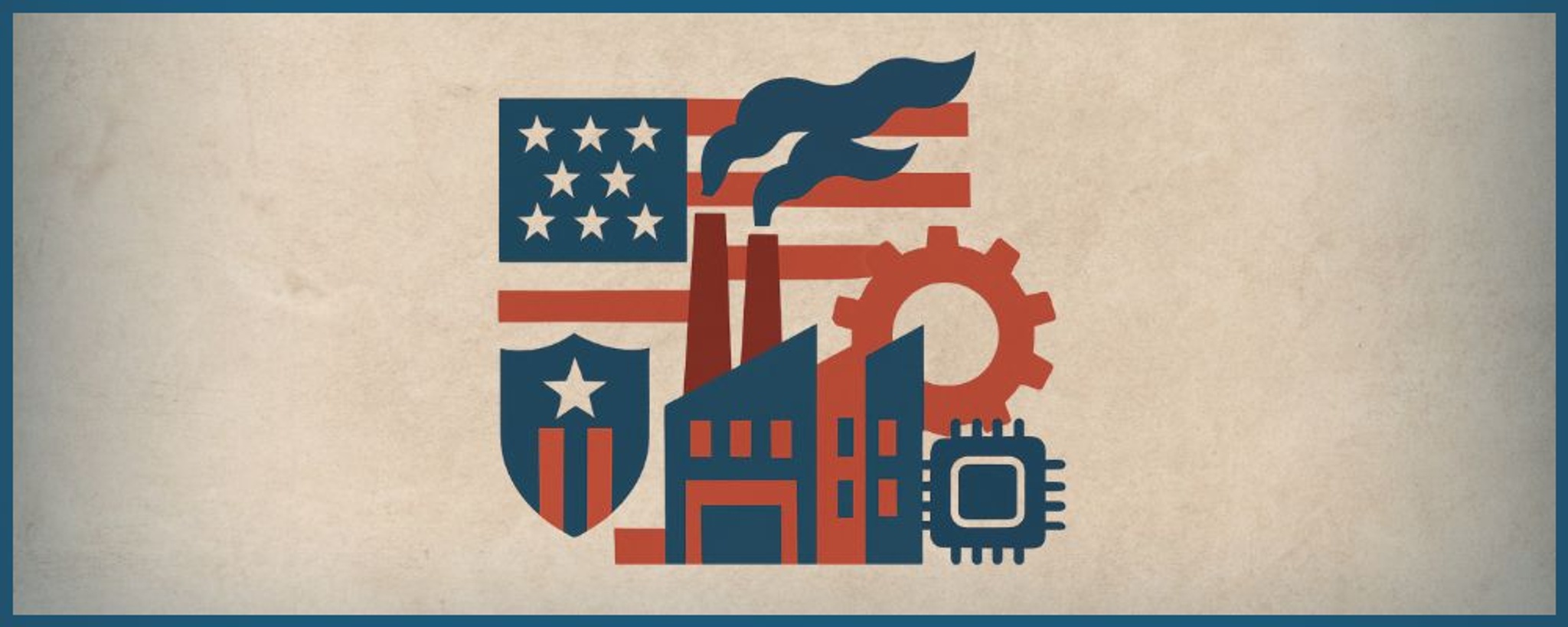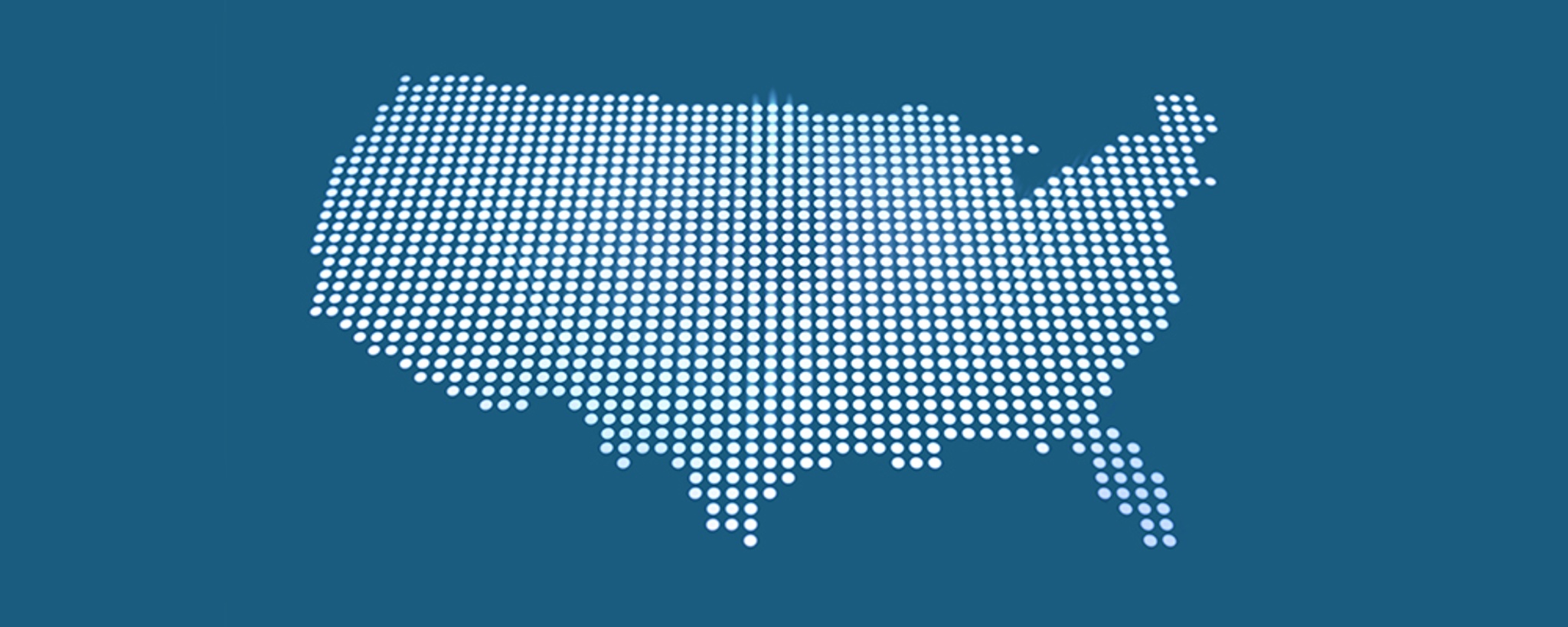National Competitiveness
Navigate forward to interact with the calendar and select a date. Press the question mark key to get the keyboard shortcuts for changing dates.
Navigate backward to interact with the calendar and select a date. Press the question mark key to get the keyboard shortcuts for changing dates.
As nations engage in a race for global advantage in innovation, ITIF champions a new policy paradigm that ensures businesses and national economies can compete successfully by spurring public and private investment in foundational areas such as research, skills, and 21st century infrastructure. Our work on competitiveness policy includes analysis of the many factors and policies driving national competitiveness, including improving innovation ecosystems and the technical capacity of high-value-added industries.

Vice President, Global Innovation Policy, and Director, Center for Life Sciences Innovation
Information Technology and Innovation Foundation
Read Bio
Head of Policy, Centre for Canadian Innovation and Competitiveness
Information Technology and Innovation Foundation
Read BioFeatured
China Is Rapidly Becoming a Leading Innovator in Advanced Industries

There may be no more important question for the West’s competitive position in advanced industries than whether China is becoming a rival innovator. While the evidence suggests it hasn’t yet taken the overall lead, it has pulled ahead in certain areas, and in many others Chinese firms will likely equal or surpass Western firms within a decade or so.
The Hamilton Index, 2023: China Is Running Away With Strategic Industries

China now dominates the strategically important industries in ITIF’s Hamilton Index, producing more than any other nation in absolute terms and more than all but a few others in relative terms. Its gains are coming at the expense of the United States and other G7 and OECD economies, and time is running short for policymakers to mount an industrial comeback.
More Publications and Events
November 17, 2026|Events
Save the Date: National Power Industry War Conference
Please join ITIF for an important policy conference on what U.S. policymakers must do to prevent America from suffering a catastrophic defeat in its techno-economic-trade war with China. At stake are vital production capabilities in the advanced, traded-sector industries that provide the foundation for economic strength and national security in the 21st century.
February 25, 2026|Testimonies & Filings
Comments to UK Competition and Markets Authority Regarding Google's General Search Services
Amidst this time of increasing technological dynamism and global tensions, and given the special relationship that exists between the United States and the UK, the CMA should reassess how it can implement the Digital Markets, Competition and Consumers Act 2024 in a more light-touch way.
February 23, 2026|Blogs
Fact of the Week: Through November 2025, U.S. Consumers and Businesses Bore 86 Percent of the Economic Burden From Tariffs
Throughout 2025, U.S. businesses and consumers have borne the largest share of the tariff incidence, or burden, while tariffs had relatively minimal impacts on foreign exporters.
February 23, 2026|Reports & Briefings
Internal Value Chains Remain Dependent on China Even as Multinationals Shift Production to America
Advanced manufacturers based in East Asia are expanding investment into the U.S. economy. Yet, many of their internal value chains remain anchored in China, giving the PRC significant leverage over U.S. interests. U.S. policymakers should respond both defensively and offensively.
February 17, 2026|Blogs
Fact of the Week: Between 2019 and 2023, the Average Math Scores of US Eighth Graders Declined by 27 Points
Between 2019 and 2023, the average performance of U.S. eighth graders on the Trends in International Mathematics and Science Study (TIMSS) exam exhibited a 27-point decline.
February 13, 2026|Blogs
American Culture and the Decline of the Digital Spirit: Part II
The culture of digital and AI opposition is a growing threat to American prosperity and power. Unless we return at least to neutrality, other nations unburdened by this self-doubt will surpass us.
February 13, 2026|Blogs
How Foreign Non-Tariff Attacks Threaten American Innovation
Global trade is evolving into a form of mercantilist economic warfare where foreign nations use discriminatory regulations to target the U.S. tech sector, draining its wealth and undermining American innovation.
February 11, 2026|Press Releases
Warren and Hawley Are Right to Rein in PBMs and Insurers, but Must Avoid Undermining Biopharmaceutical Innovation, Says ITIF
Warren and Hawley are right to crack down on powerful drug middlemen, but they risk kneecapping the very biopharmaceutical innovators who develop the medicines patients depend on.
February 9, 2026|Blogs
The United States Needs Permanent Space Stations
Congress confirmed Jared Isaacman to lead NASA in late 2025. He should begin his tenure by finalizing NASA’s plan to transition from the ISS to commercial space stations, because the United States must maintain a presence in low-earth orbit to remain competitive.
February 9, 2026|Reports & Briefings
Tracking R&D Leadership: US Advantage Narrowing as China Gains Ground
Maintaining R&D leadership in advanced industries is critical to U.S. economic competitiveness and national power. But on a size- and wage-adjusted basis, China is rapidly gaining ground. Congress needs to boost corporate R&D incentives to prevent America from falling behind.









